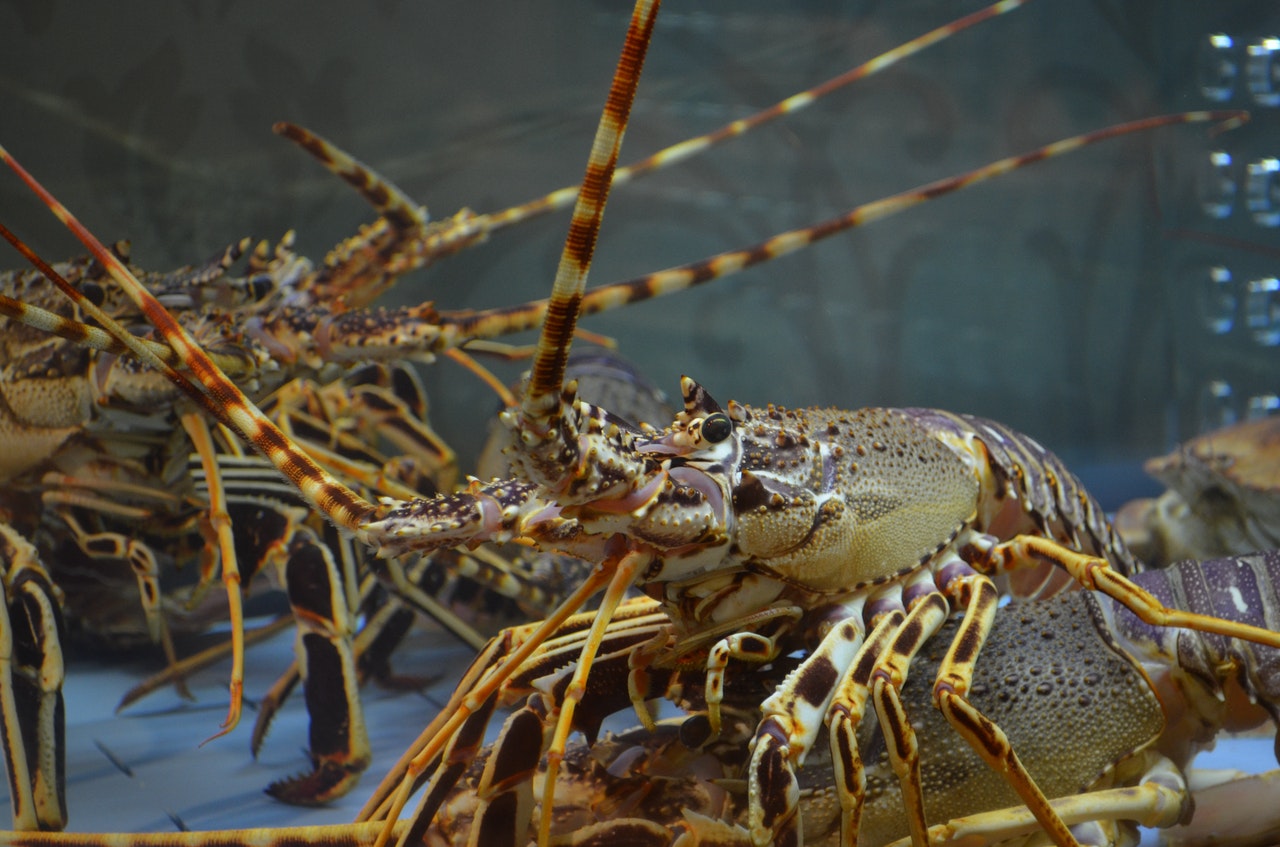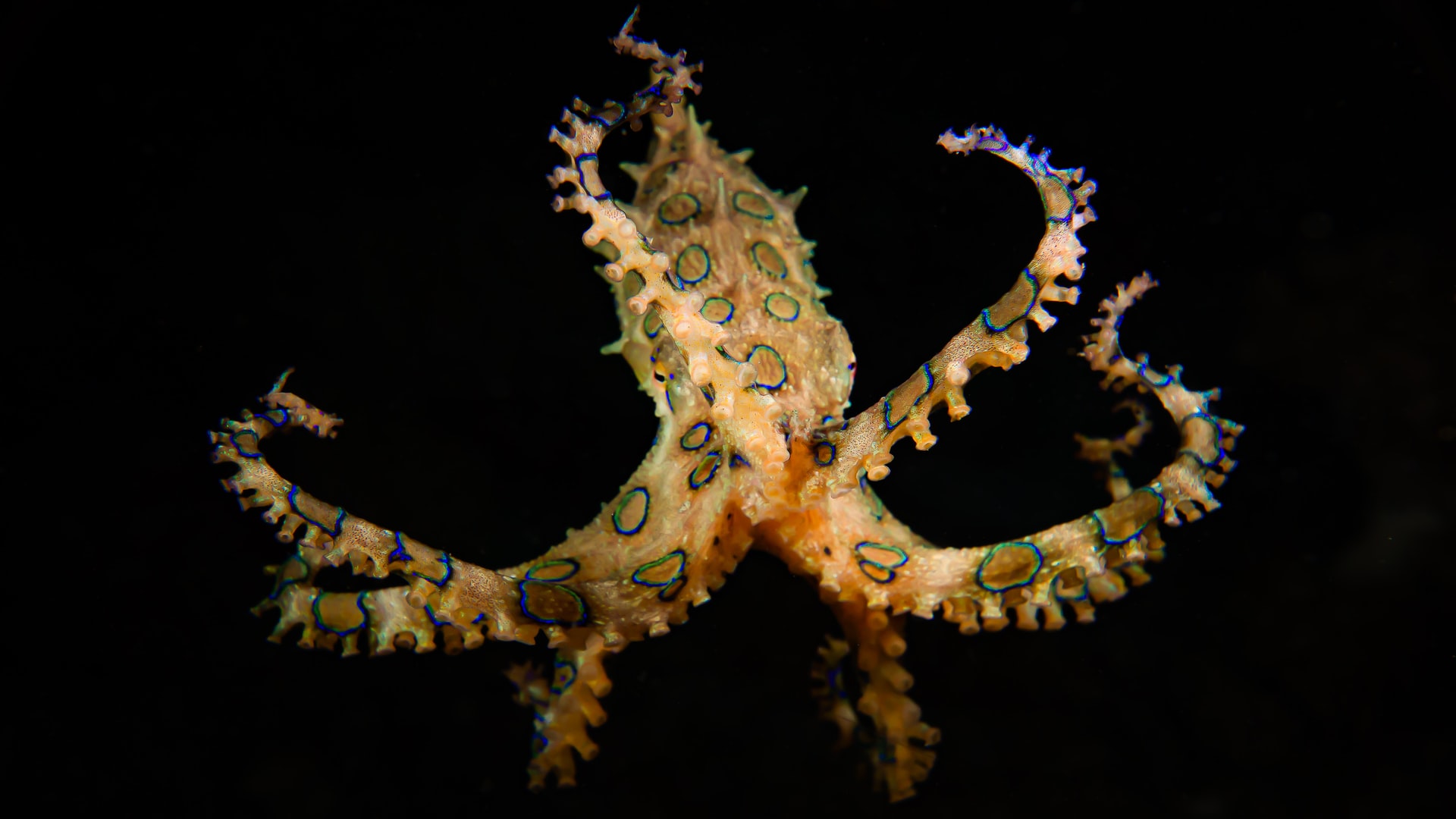
- Inspiring People -
- 5mins -
- 653 views
Octopuses, crabs and lobsters to be recognised as sentient beings under UK law
Following a London School of Economics and Political Science (LSE) report, the scope of the Animal Welfare (Sentience) Bill has been extended to recognise octopuses, lobsters and crabs and all other decapod crustaceans and cephalopod molluscs as sentient beings.
Lobsters, octopus and crabs recognised as sentient beings
Crabs, octopus and lobsters are to be recognised as sentient beings in UK government policy decision making. Decapod crustaceans and cephalopod molluscs will be recognised under the scope of the Animal Welfare (Sentience) Bill. The amendment to the Bill follows London School of Economics and Political Science (LSE) scientific research findings on decapod and cephalopod sentience. The government say existing industry practices will not be affected and there will be no direct impact on shellfish catching or in restaurant kitchens.
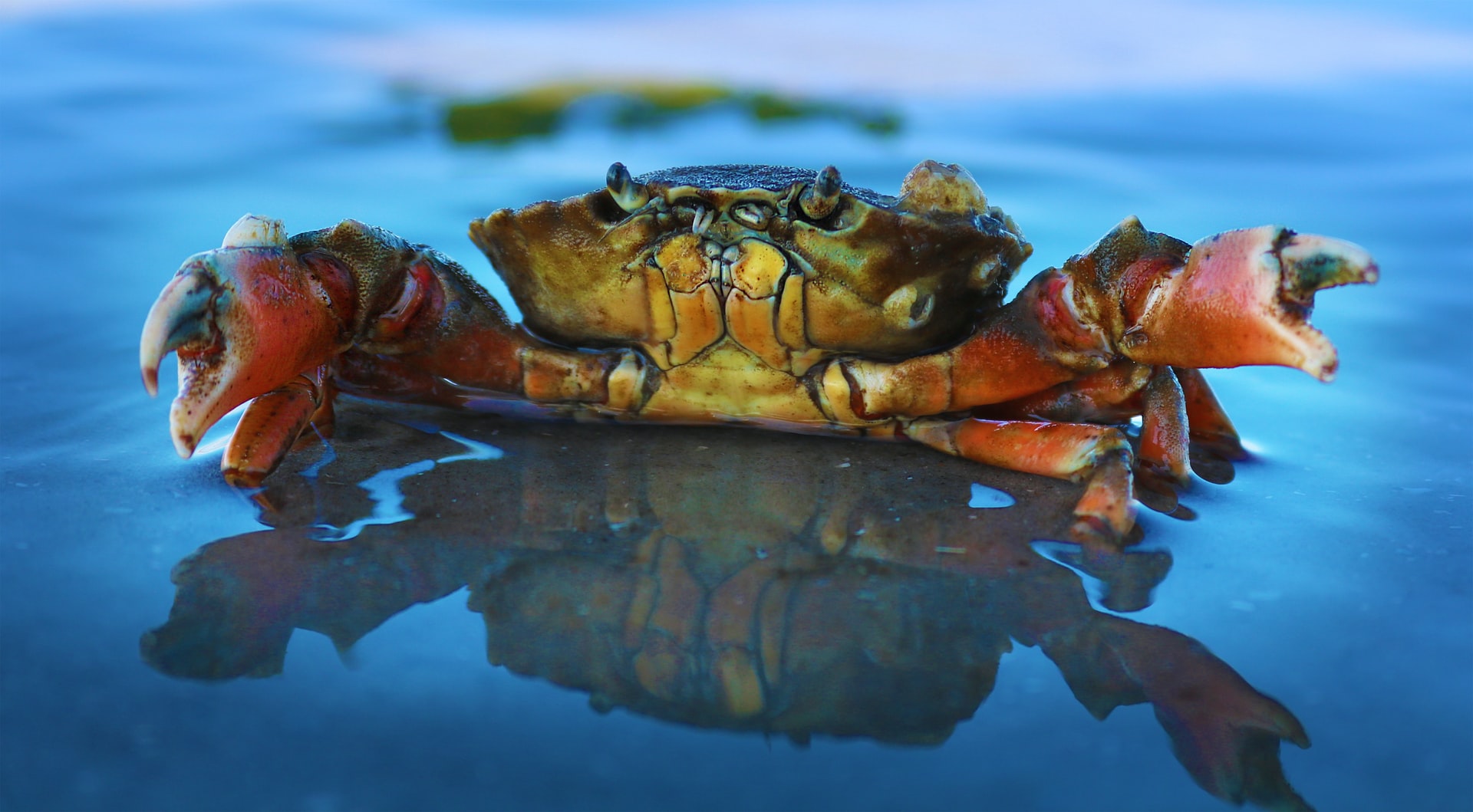
review drew on over 300 existing scientific studies to evaluate evidence of sentience
Octopuses, crabs and lobsters will receive greater welfare protection in UK law following an LSE report which demonstrates that there is strong scientific evidence that these animals have the capacity to experience pain, distress or harm.
On Friday 19 November 2021, the UK government confirmed that the scope of the Animal Welfare (Sentience) Bill will be extended to all decapod crustaceans and cephalopod molluscs.
This move follows the findings of a government-commissioned independent review led by Dr Jonathan Birch. The review drew on over 300 existing scientific studies to evaluate evidence of sentience in cephalopods (including octopuses, squid and cuttlefish) and decapods (including crabs, lobsters and crayfish).
Source: LSE
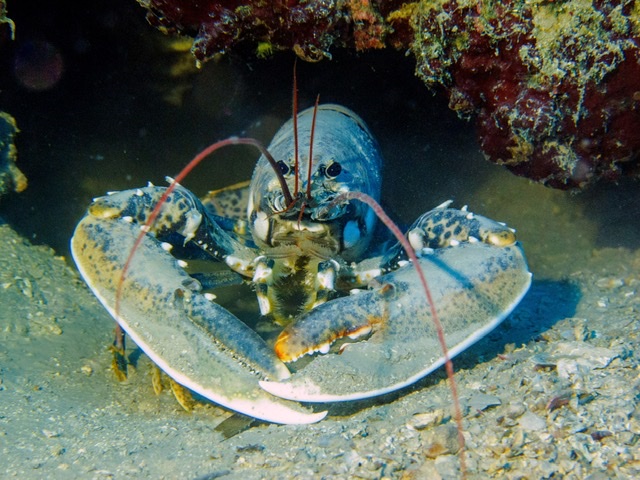
octopuses and other cephalopods have been protected in science for years
Dr Jonathan Birch, Associate Professor at LSE’s Centre for Philosophy of Natural and Social Science and Principal Investigator on the Foundations of Animal Sentience project, said:
"I’m pleased to see the government implementing a central recommendation of my team’s report. After reviewing over 300 scientific studies, we concluded that cephalopod molluscs and decapod crustaceans should be regarded as sentient, and should therefore be included within the scope of animal welfare law.
“The amendment will also help remove a major inconsistency: octopuses and other cephalopods have been protected in science for years, but have not received any protection outside science until now. One way the UK can lead on animal welfare is by protecting these invertebrate animals that humans have often completely disregarded."
Source: LSE
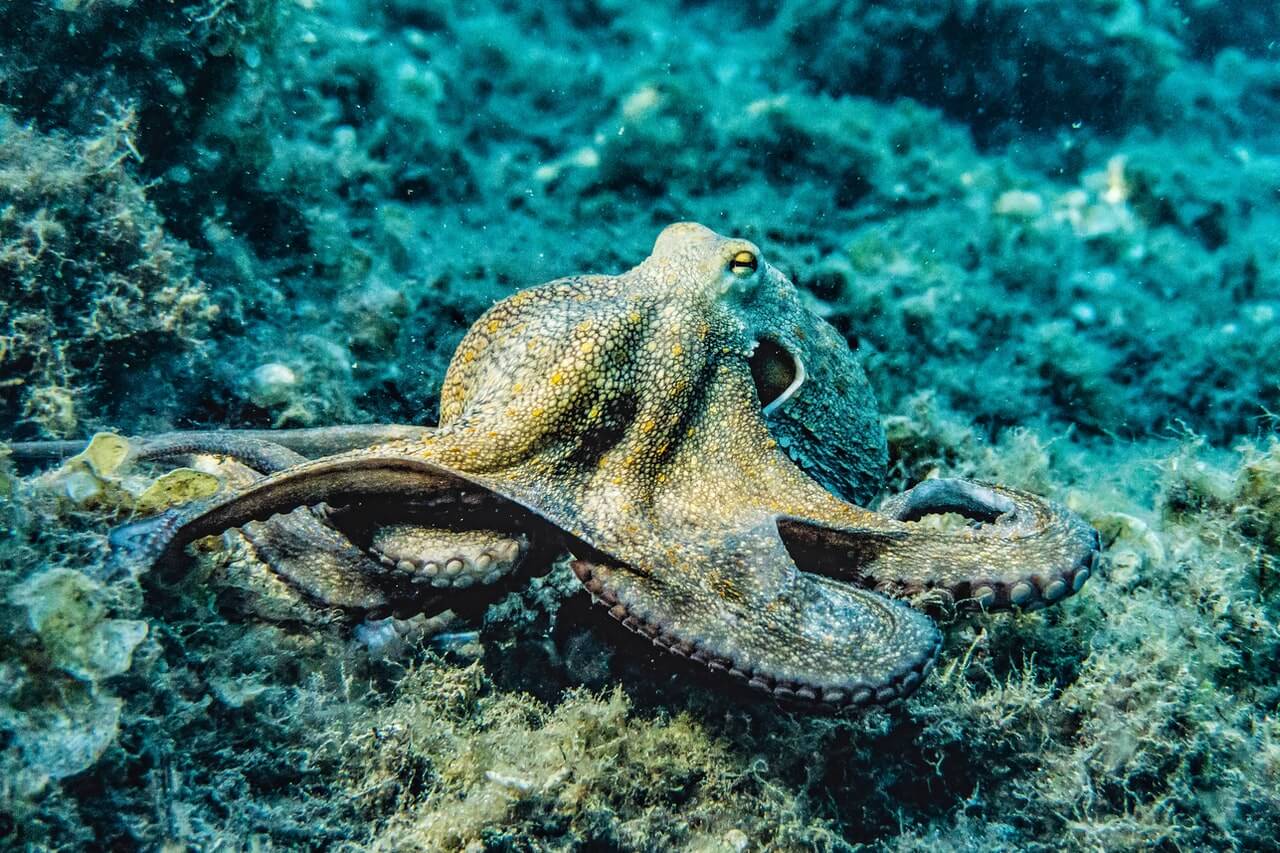
complex central nervous systems are one of the key hallmarks of sentience
The Animal Welfare (Sentience) Bill already recognises all animals with a backbone (vertebrates) as sentient beings. However, unlike some other invertebrates (animals without a backbone ), decapod crustaceans and cephalopods have complex central nervous systems, one of the key hallmarks of sentience.
Last Friday’s announcement will not affect any existing legislation or industry practices such as fishing. There will be no direct impact on the shellfish catching or restaurant industry. Instead, it is designed to ensure animal welfare is well considered in future decision-making.
Animal Welfare Minister Lord Zac Goldsmith said:
“The UK has always led the way on animal welfare and our Action Plan for Animal Welfare goes even further by setting out our plans to bring in some of the strongest protections in the world for pets, livestock and wild animals.
“The Animal Welfare Sentience Bill provides a crucial assurance that animal wellbeing is rightly considered when developing new laws. The science is now clear that decapods and cephalopods can feel pain and therefore it is only right they are covered by this vital piece of legislation.”
The Bill, when it becomes law, will establish an Animal Sentience Committee made up of experts from within the field. They will be able to issue reports on how well government decisions have taken account of the welfare of sentient animals with Ministers needing to respond to Parliament.
Source: gov.co.uk
